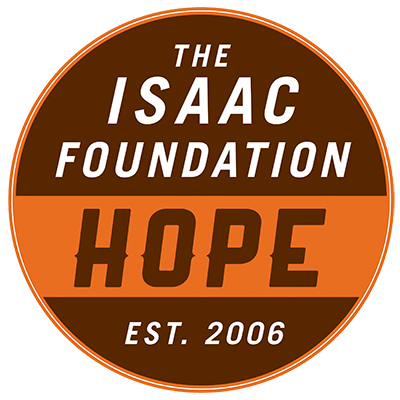A Couple of Calls from Alberta
In the past 2 days I have gotten 2 calls from Alberta. One from a man from the U of A who works with a family who has three boys living with Hunter Syndrome and the other from the mama of those three boys. I spoke with them in depth and after those conversations, I am more than ever convinced that we need to raise awareness and create an Orphan Drug Policy.
This family’s oldest son, who is now 7, was not diagnosed with Hunter Syndrome until a year and a half ago, even though his mom has been looking for answers for years. The big head, the recurring colds, the hearing loss, the clawed hands, were all explained away, and it was finally a dermatologist who noticed the “pebbly” skin, common in kids with MPS II, who saw all of these symptoms together as Hunter Syndrome.
This is completely unacceptable. We were fortunate enough to not go through all of this, as Dr. Thiessen noticed these symptoms in Trey the first time he met Trey, but I do wonder, if we had not decided to change pediatricians and go see Dr. Thiessen last Valentine’s Day, when would Trey have been diagnosed? Three years of five days a week at the doctors office and hospitals looking for answers is not okay. If more people knew about Hunter Syndrome, maybe this would not happen.
If we had an Orphan Drug Policy, I would not have had to call the Minister of Health to demand this treatment for my child, and then spend the next six monthes in conversations with the drug company, doctors, hospital, activists, and government, doing everything I could to get my child access to Elaprase.
I know for certain, that although I had much help along the way, if I had not initiated these conversations and persisted, Trey would not be on ERT right now. And this mom would not have had to spend her time contacting all the same groups, and the media on top of it, still with no treatment. If we had an Orphan Drug Policy, this treatment would be available to our children, as cancer treatment is available to kids with cancer, or all of the other medical services we get that we take for granted and don’t have to fight for.
Onto other topics…first, Trey’s inguinal hernia…it does not need to be repaired with urgency, for three reasons: first, Trey’s age. Inguinal hernias are more likely to become incarcerated (stuck, strangulated) in young children (ie. newborns). Second, because it is not a small hernia. If the hernia was small, it would be more likely to get incarcerated. Third, because we have a reason to wait. Usually, because there is no reason to wait and because all inguinal hernias do need surgery, inguinal hernias are repaired fairly quickly. However, because we want to wait until the ERT has a chance to strengthen Trey’s connective tissue and shrink his organs, thus reducing the likelihood that the hernias will return, the surgeon said he is very comfortable with waiting three months until the ERT has had a chance to work its magic.
We also saw the Osteopath yesterday, who said that the fluids in Trey’s head and spine are moving well, and the bones in Trey’s head are also more malleable.
When Trey first saw Caroline, his head was very hard, unmovable, and the fluids in his head and spine were thick and slow (this is not good). In the past 5 months she has managed to get the fluids moving and help the bones in his head to give more, which helps Trey’s entire body and systems, but will also help to prevent communicating hydrocephalus, which can be a serious problem in kids with MPS. Since there is no other way of getting these fluids moving, we’re really happy we were recommended to see her.
We’re going to see her in one more month, and then we’ll probably only see her for check ups every few months. She also commented that although ERT may not break the BBB, she believes that it must help the brain at least indirectly because if the ERT is helping the rest of Trey’s body, this will, by default, help the brain. Pretty cool.

